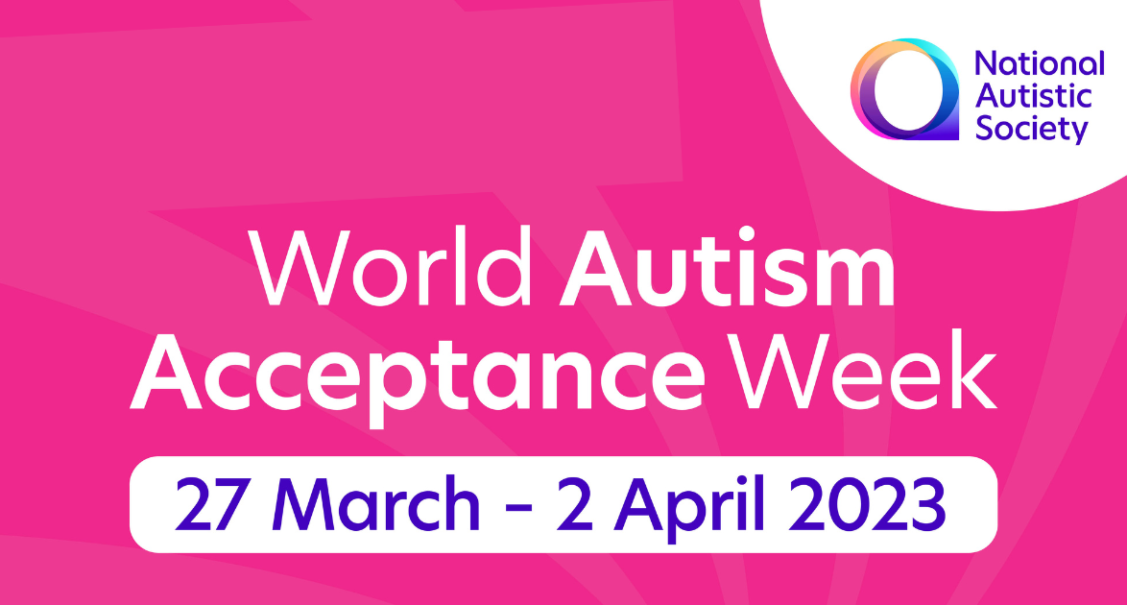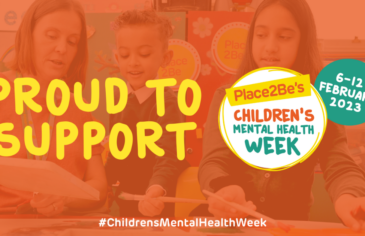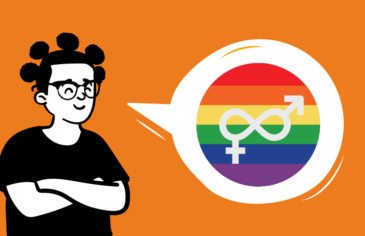World Autism Acceptance Week 2023
Written by Red Balloon Neurodiversity Champion, Anabel Stindt
It’s World Autism Acceptance Week! So, what’s in a name? Turns out, quite a lot! Until 2021, it was known as World Autism Awareness Week, but there has been a significant shift; moving away from simply raising awareness to actively promoting acceptance. Autism is not something to be cured, but rather something to be understood, accommodated and celebrated!
In fact, language is a really significant factor in the discussion of Autism. While the official diagnostic term is Autism Spectrum Disorder, people are now encouraged to use Autism Spectrum Condition, a move which highlights that this is a unique way of being and seeing, rather than a disease which needs to be fixed.
You’ve probably heard the saying, ‘If you’ve met one autistic person…you’ve met one autistic person’. It’s particularly true now that the Asperger’s Syndrome diagnosis has been absorbed into ASC. It’s called a spectrum for a reason! Autistic people’s experiences are all unique, and it can be very damaging to make assumptions. The reality is that two people can have the same ASC diagnosis, but have vastly different needs and challenges.
Using Appropriate Language
But we need to talk about Autism, so what language do we use? Many people refer to ‘high functioning’ or ‘low functioning autism, and that makes sense to an extent, but it’s not actually particularly helpful. Because what does it mean to function? Who gets to decide which aspects of life are more significant than others? ‘Low-functioning’ is heading into deficits-based language; it’s rather tricky to put a positive spin on that. And is someone who can’t live independently but has an exceptional talent fundamentally low functioning? It is important to acknowledge the very real practical challenges faced by autistic people and their carers. Autistic people who are often referred to as being ‘low functioning’ do have more obvious daily challenges, and it is important for the reality faced by them and their carers to be seen for what it is. Autism is not something to cure, but it does make life very challenging for many people.
So what makes someone high functioning? An autistic person may be able to live an ostensibly ‘normal’ life, be a parent and work full time, but they may feel like they’re drowning every day, as they keep misunderstanding others and feeling misunderstood. Sometimes this hidden disability can be even more damaging; if people aren’t aware of your challenges, then they don’t easily make accommodations. Then all of a sudden, what should be seen as something you’re struggling with and working hard at becomes a moral failing. So if someone is told they’re ‘high functioning’, they may feel unworthy of the help that they both need and deserve.
Communication
And of course, language and communication are a huge part of the autistic experience. Many people assume all autistic people have no imagination or are just not ‘word people’, but that’s a myth. One of the many. But it can sometimes feel like speaking a second language, or maybe a different dialect. Things almost make sense, but somehow not quite. It can be a never-ending struggle.
It’s understandable to keep fighting to work out these categories, but maybe there’s also room for …acceptance? Maybe it’s okay to not know and to embrace the fact that we’re still on a journey with autism. Perhaps autistic people can be encouraged to embrace themselves as they are, without constantly being forced into ever-increasing categories. Maybe this week, let’s rest in the knowledge that we’re all okay, just as we are, and while the quest for more understanding should always continue, it can be motivated by curiosity and joy, not problem-solving.
So yes, we definitely need to talk about autism, but sometimes, we just don’t have the words. But communication goes beyond words; acceptance itself speaks volumes.




